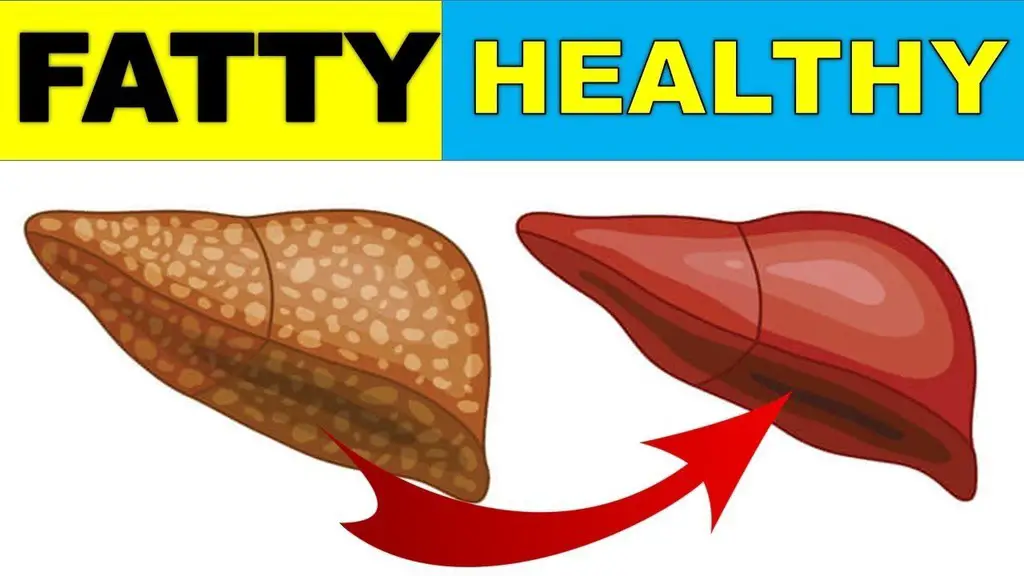We live in a world where following a healthy diet and lifestyle is a huge challenge. Cooking nutritious snacks and meals takes time that we may not have, and taking part in regular exercise is another luxury that many of us simply can’t fit into the day. It’s no wonder that liver problems like fatty liver disease are on the increase.
We can’t be sure exactly why some people accumulate fat in the liver while others don’t, but there are links between fatty liver and obesity, insulin resistance, high blood pressure, and high level of fats in the blood. Most of these health problems are related in some way to poor diet, and, when combined, promote excess depositing of fat in the liver.
There are a number of symptoms to look out for if you think you might have fatty liver disease. You may experience some noticeable abdominal swelling, red palms, and a yellowish tinge to your skin.

It’s also common to feel pain in your abdomen and unusual levels of fatigue. Your doctor can give you a more thorough examination to detect other symptoms like enlarged blood vessels and an inflamed spleen.
If you do have a fatty liver, it’s unlikely that you’ll be offered any medical or surgical treatments for it. Scientists are still working on medications for fatty liver disease, and they may be able to treat a health problem that’s causing your fatty liver, but ultimately, it’s down to you to reverse your symptoms and prevent the damage from worsening. Many people have done this successfully by making small but powerful changes to their diet and lifestyle.
Here are a few simple ways to naturally reverse your fatty liver:
1. Anti-inflammatory diet and lifestyle
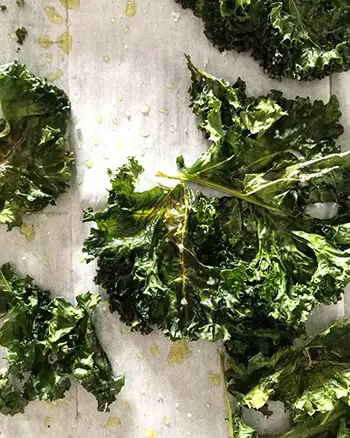
One way to reduce the inflammation in your liver and prevent a build-up of fat is to follow an anti-inflammatory diet. An anti-inflammatory diet has proven to be effective in reducing inflammation, stabilising blood sugar levels, reducing toxicity, providing essential nutrients for all-round health, and supporting healthy levels of blood pH.
2. Avoid sugary foods
Avoiding sugar is pretty much essential for good health anyway, but even more so for liver health. Consuming too many refined sugars and high-fructose corn syrup can lead to the build-up of fats in the liver which can eventually result in liver disease. Some studies have even found evidence that sugar can be as damaging to the liver as alcohol.
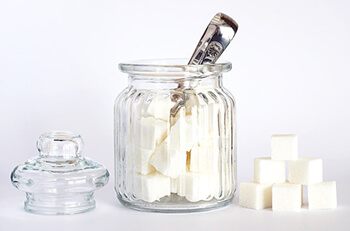
There’s no reason to resort to drastic measures and cut all sugar from your diet, but try to make healthier food choices when you can. Switch your processed sugars for natural alternatives like fruits, honey, applesauce, and coconut palm sugar.
You might also want to experiment with using spices like cinnamon and mixed spice to offer sweetness in your cups of tea and breakfast foods without the sugary hit.
3. Drink more coffee
If you’re a coffee drinker, you’ll know that scientists can’t make up their mind about whether we should be drinking more or less of it – but in the case of coffee for a fatty liver, the evidence doesn’t lie. Studies show that coffee is incredibly protective against the development of cirrhosis of the liver. Coffee has even found to be associated with a lower risk of death in people with chronic liver disease.
So there you have it: your morning cup of coffee is supporting your liver as well as keeping you awake. This isn’t an excuse to up your coffee intake, though – it’s recommended that you don’t exceed 400mg a day if you want to stick to a healthy amount.

4. Supplement with spirulina and chlorella
They might sound like something out of a science fiction textbook, but spirulina and chlorella are actually two types of algae that are packed full of essential proteins, vitamins, minerals, and antioxidants. These algae contain chlorophyll, which helps the liver to remove toxins by binding with the toxins and carrying them out of the body.
5. Drink plenty of water
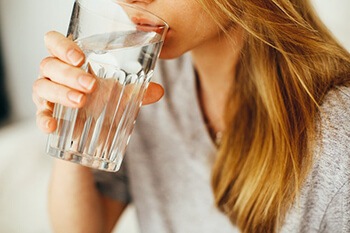
It’s something we’re told time and time again, but how many of us think we actually get the hydration we need on a daily basis? Drinking clean, filtered water is not just good for your overall health, but is also important for a healthy liver. Water has so many roles inside the body and helps the liver to function properly transporting nutrients, flushing toxins, and supporting the natural healing processes.
If you want to avoid dehydration, you should focus on drinking at least two litres of water a day. Buy yourself a measuring water bottle so that you know exactly how much you’re drinking and at what times. Make sure to start your day off with a glass of water to make up for any fluids lost overnight.
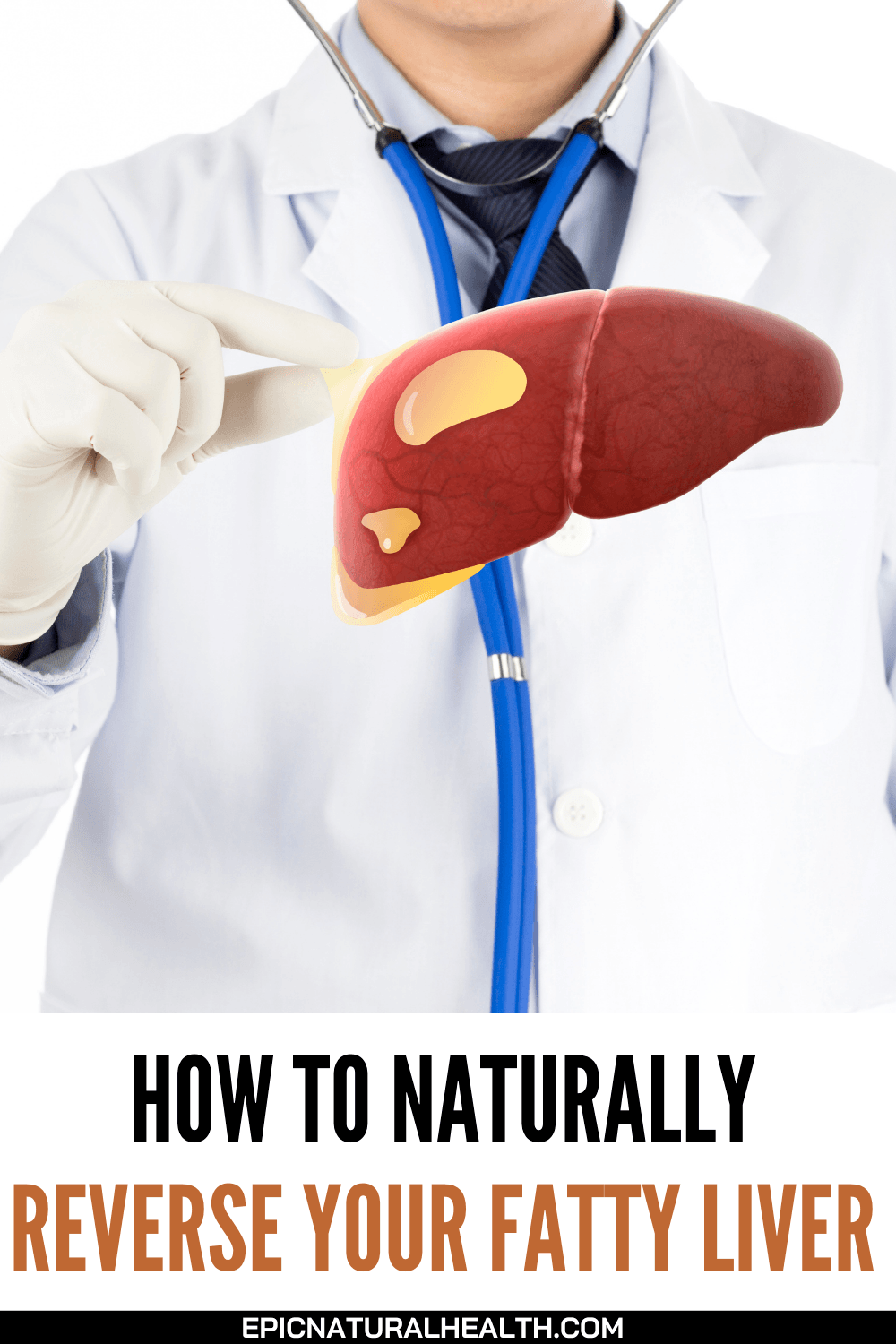
6. Start cooking with herbs
If you usually don’t bother with adding herbs to your home-cooked meals, it’s time you added some to your spice cupboard, as herbs and spices like milk thistle, ginger, dandelion root, coriander, garlic, and turmeric are fantastic for liver health. Turmeric, the vivid orange Indian spice, has also proven in studies to protect the liver and improve liver function, as well as preventing free radical damage in the liver.
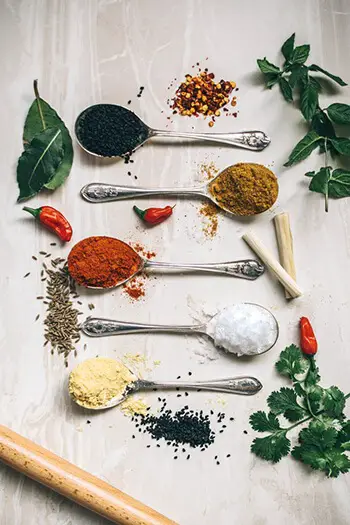
There are so many ways to start adding more herbs to your diet. You can go for fresh herbs and spices for an extra kick, but dried alternatives will still offer distinct flavours. Simply sprinkle a couple of tablespoons into your savoury dishes during the cooking process and mix well. You can also make turmeric or ginger tea by adding a tablespoon of either spice into hot water, sweetening, and stirring well.
7. Reduce stress and get more sleep

Managing stress and getting adequate sleep is easier said than done, but it really is essential for maintaining a healthy liver. One study found that if you don’t have some sort of nightly sleeping routine, you might end up disrupting the natural sleep-wake cycle of the body, which has been directly linked to liver harm. Another even made worrying links between stress levels and an increased risk of liver disease death.
8. Give intermittent fasting a go
Intermittent fasting is a new craze that’s been picked up by nutritionists and spas alike, and when you consider the numerous health benefits associated with the diet, it’s easy to understand why. You can effectively use intermittent fasting strategies to boost the immune system, improve genetic repair, and reduce the risk of chronic diseases.
A number of studies have found evidence that intermittent fasting can help fight fatty liver disease, by encouraging the liver to cleanse the bloodstream. There are a number of different intermittent fasting diets out there, and if you’re new to the idea, it’s probably best to speak to an expert before giving it a go yourself.
- Kirkpatrick MS RD LD, Kristin (Author)
- English (Publication Language)
- 304 Pages - 03/13/2018 (Publication Date) - Balance (Publisher)
- Advanced Liver Cleanser - Promote stronger functioning with our unique liver detox pills enriched with Chanca piedra Berberine Dandelion root Artichoke leaf and more for liver care you can trust
- Milk Thistle Complex - Our liver health formula for men and women is powered by milk thistle and other protective antioxidants to help maintain normal liver function and promote digestion and immunity
- Cleansing Nutrients - Nourish your body with our herbal liver supplements for women and men looking to detox cleanse and protect their livers while also supporting its regular daily functioning
- Clean Complex - Our herbal milk thistle supplement is made in a cGMP American lab with superstar non GMO botanicals without magnesium stearate or silicone dioxide so you can supplement in confidence
- Peters, Susan (Author)
- English (Publication Language)
- 183 Pages - 05/15/2018 (Publication Date) - CreateSpace Independent Publishing Platform (Publisher)
- Lai, Dr. Michelle (Author)
- English (Publication Language)
- 192 Pages - 07/08/2022 (Publication Date) - Ulysses Press (Publisher)
9. Improve your gut health
Improving gut health is critical for so many elements of our health, including our mental health. A healthy gut is incredibly important if you want to heal your liver and protect it from disease.

If your gut lining is inflamed and damaged in any way, the lining itself is more permeable than it should be (known as a leaky gut). This means that undigested food molecules, bacteria, and fungi can enter the bloodstream, and put additional pressure on the liver that can eventually lead to inflammation and tissue damage.
10. Use castor oil
You might not have heard of castor oil, but it’s about time that you did because it’s been found to support the body’s natural detoxification process by improving the functioning of the liver, preventing inflammation, and boosting the immune system.
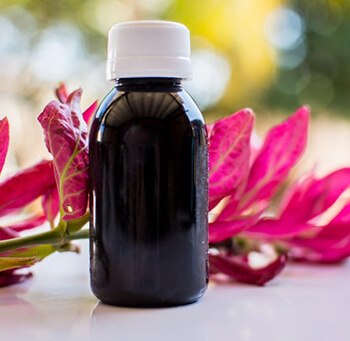
11. Take an Epsom salt bath
They might seem like a modern emerging trend, but Epsom salt baths have actually been around for hundreds of years. They’ve been favoured by different cultures for their endless health benefits, and nowadays, they’re quite often used in spas as a healing therapy.
Epsom salts are different from other salts – they’re a pure, naturally occurring mineral compound of magnesium and sulphate. These minerals can encourage detoxification, helping your liver to function in a healthy manner.
12. Drink less alcohol
Unsurprisingly, studies have found that excess alcohol consumption is the second biggest cause of fatty liver. While it’s fine to have a drink every now and then, make sure to avoid making it a daily habit, as alcohol can lead to inflammation and damage to liver cells, allowing fats to more easily infiltrate.
If you’re finding it difficult to cut back on your drinking, your doctor can offer you plenty of resources to help.

Conclusion
It’s incredibly important that if you have a fatty liver, you take the appropriate steps to reverse any damage. The liver is the largest, as well as one of the most important, organs in your body. It carries out detoxification, absorbing, and filtering everything we eat and drink. Without your liver, you wouldn’t have a means of effectively removing harmful toxins and waste while retaining the nutrients you need.
Luckily, now you’ve watched this video, you’re supplied with all the steps you need to naturally reverse your fatty liver. If you address the problem at an early enough stage, it’s possible to fully heal your liver and help it to function efficiently again.
It’s also worth bearing in mind you can purchase liver cleanse supplements which can make a difference as well
Even if you’ve been diagnosed with fatty liver disease, you should see a noticeable change from following the steps we’ve listed here. If your health is important to you, don’t wait – act now to save your liver before it’s too late.

